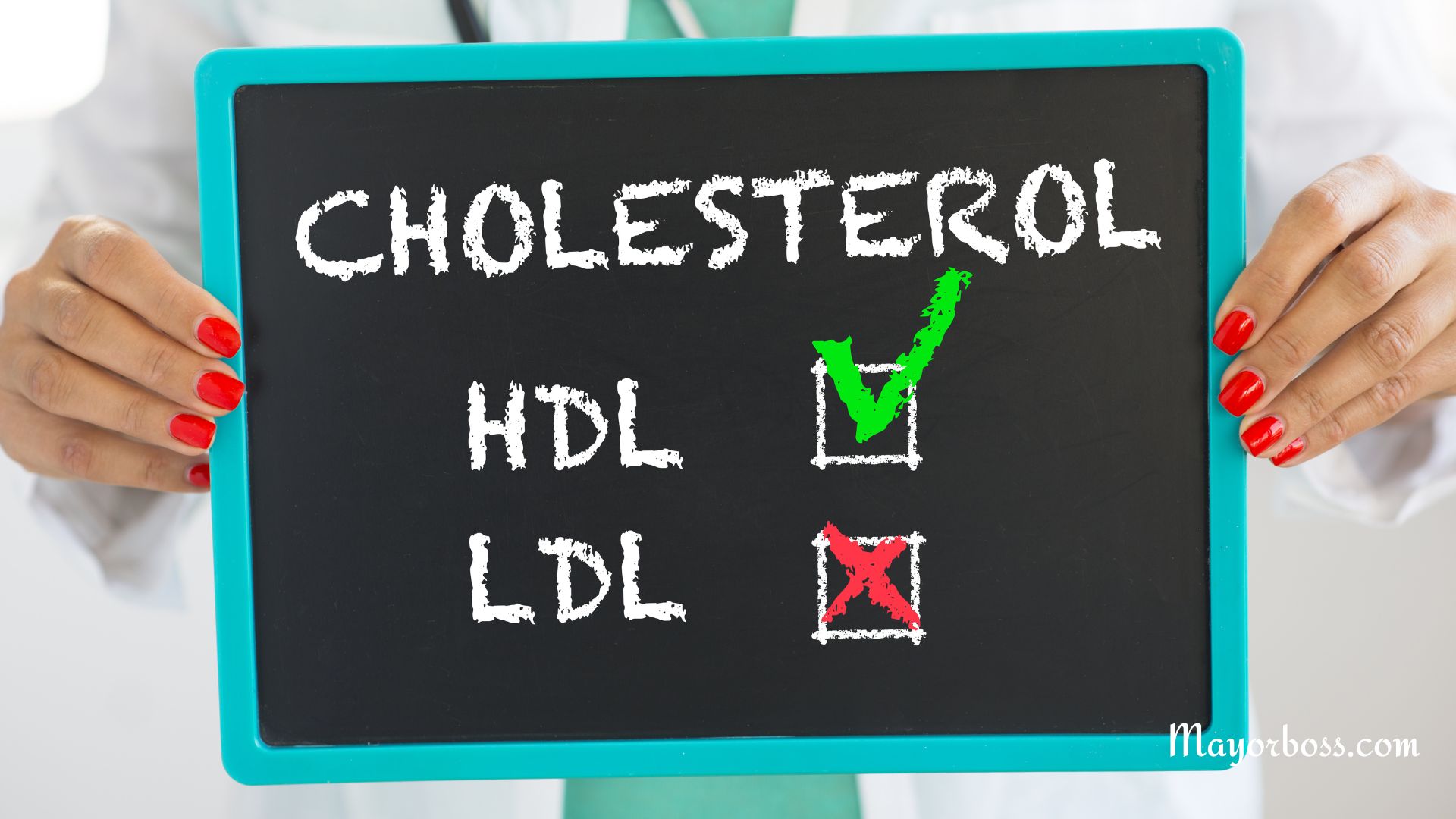10 Signs of Low Potassium You Might Be Ignoring
Potassium might not be something you think about every day, but it’s one of those nutrients your body quietly relies on to keep things running smoothly. According to the National Institutes of Health, it’s involved in everything from keeping your muscles working to ensuring your heart doesn’t skip a beat—literally. So, when your potassium levels drop, it can mess with your body in ways you might not even connect to this essential mineral. Here are ten signs of low potassium that might be flying under your radar.

You’re Always Feeling Tired, No Matter How Much You Sleep
We all feel tired now and then, but if you’re dragging even after a good night’s sleep, low potassium could be to blame. Potassium is a big player in your body’s energy production. When you don’t have enough, it’s like your cells are trying to run on an empty tank, leaving you feeling wiped out all the time.
Your Muscles Feel Weak, or You Keep Getting Those Annoying Cramps
Ever had one of those muscle cramps that just won’t quit? Low potassium might be behind it. This mineral is crucial for your muscles to work properly—whether you’re lifting weights or just walking around. Without enough potassium, your muscles can cramp up, feel weak, or even start twitching. If you’re dealing with frequent cramps, especially during exercise, it might be time to check your potassium levels.
Your Stomach’s Acting Up with Bloating or Constipation
If your digestive system feels out of whack—bloating, constipation, or just general discomfort—low potassium might be the reason. Potassium helps your digestive muscles keep things moving along smoothly. When levels are low, everything slows down, leading to those uncomfortable digestive issues that just won’t go away.
Your Heart Feels Like It’s Skipping Beats or Racing
This one’s a bit more serious. If you notice your heart is racing, skipping beats, or just doesn’t feel right, low potassium could be affecting your heart’s rhythm. According to Harvard University, potassium is key to keeping your heart beating steadily. An irregular heartbeat is something you shouldn’t ignore, so if this sounds familiar, it’s a good idea to talk to a doctor.
Your Hands, Feet or Other Limbs Feel Tingly or Numb
Feeling a weird tingling or numbness in your hands, feet, or other parts of your body? Low potassium might be the cause. This mineral is vital for nerve function, so when it’s low, your nerves might start acting up, leading to those odd sensations. It’s one of those symptoms that’s easy to overlook, but it’s worth paying attention to.
You Get Dizzy or Lightheaded More Often Than Usual
Standing up quickly and feeling like the room is spinning? That might be low potassium at work. Potassium helps regulate your blood pressure, and when levels are low, it can cause your blood pressure to drop, thus leaving you dizzy or lightheaded. If this is happening more frequently, it’s something to consider.
You’re Struggling to Catch Your Breath, Especially During Activity
Breathing should be effortless, but low potassium can make it harder to take deep breaths. This is especially noticeable when you’re physically active or trying to recover after exertion. If you’re finding it tough to catch your breath, it’s definitely something to bring up with your doctor.
Your Mood Is All Over the Place, or You Can’t Seem to Focus
Potassium isn’t just important for your physical health; it affects your mental state, too. Low potassium can lead to mood swings, irritability, or even feelings of anxiety and depression. You might also find it hard to concentrate or think clearly. If your mood or focus has been off lately, low potassium could be a contributing factor.
You Might Notice Increased Urination
Believe it or not, frequent urination can be a sign of low potassium. When your potassium levels are low, it can throw off your kidneys’ ability to manage fluid balance, leading to more trips to the bathroom. And unfortunately, this can create a cycle where your potassium levels drop even further.
You Could Experience High Blood Pressure
Low potassium can push your blood pressure higher, which is never a good thing. Potassium helps balance out sodium in your body, and when you don’t have enough, sodium levels can rise, leading to increased blood pressure. If you’re dealing with high blood pressure, it might be worth looking at your potassium intake.
Wrapping It Up: Don’t Brush Off These Signs
Potassium might not get as much attention as some other nutrients, but it’s absolutely essential for your health. If you’ve noticed any of these signs, it’s a good idea to take a closer look at your diet and maybe even get your potassium levels checked. Foods like bananas, oranges, spinach, and potatoes are great sources of potassium, but if you think you might be deficient, don’t hesitate to talk to your doctor.






